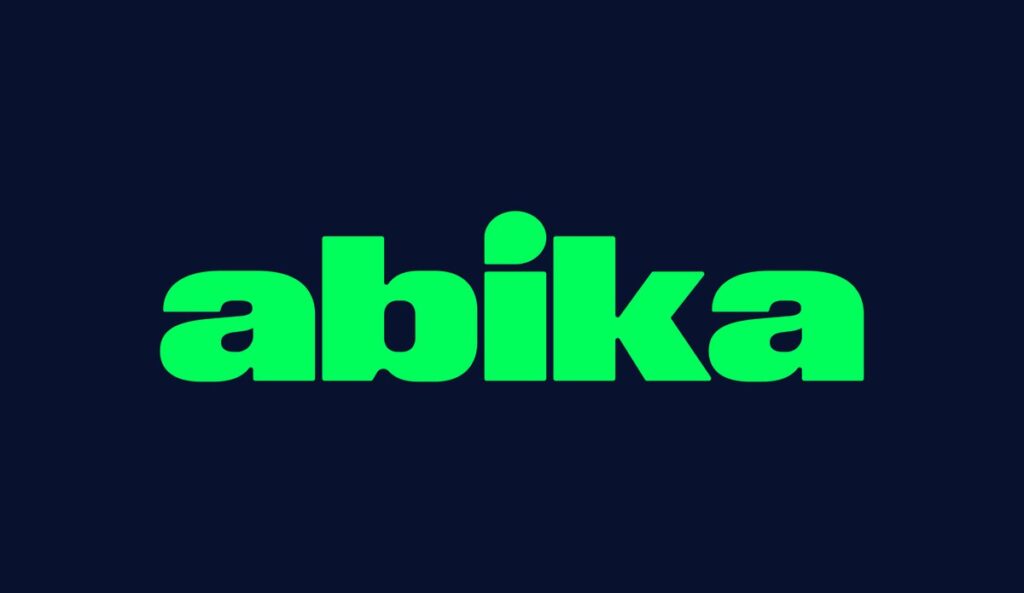The German Market For SaaS Companies, sounds like the textbook dream for any fledgling SaaS company. Growth, part of which includes expanding to other areas of the globe. For startups who are now at that point, the big question is often: ‘Where to first?’ After all, it makes sense to first head to the market where your products are going to be most in demand, and that is going to help speed up the development of your business.
The European country on everyone’s lips when it comes to attractive SaaS markets is Germany, and it’s the first choice for an overwhelming number of multinational companies who want to start expanding their brand around the world. And it’s no wonder why. Germany is right in the heart of Europe and leads the industry in many areas such as IT, media, automotive, pharma, and mechanical plant engineering. Germany is a thriving business hotspot, and its stable economy and politics affords an enviable amount of protection and development to businesses and their innovations compared to many parts of Europe – particularly when it comes to the IT industry.
Germany is responsible for a whopping 20% of total SaaS sales in Europe, and that only looks set to increase, with a predicted 10.5% increase in sales predicted by 2025. So, for SaaS companies looking to spread their wings outside of the UK, the answer to the question, ‘Where to first?’ is a no-brainer.
That’s not to say that getting your foot in the SaaS market door in Germany is going to necessarily be easy. Yes, the country offers incredible business opportunities for SaaS providers, but entering the software market is going to require more than a little effort on your part. German buyers have a preference for well-known brands, which can prove a huge challenge for the new kids on the block. Building brand presence in the German SaaS market is going to be vital if you want to succeed in this flourishing region, but you can be sure that the return is going to be worth the investment. But what exactly is it that’s going to make your SaaS company stand out in the German market, and what are the factors that are motivating German software buyers to purchase new technology from a previously unfamiliar brand?
The top priority is that any new software the German SaaS market invests in is compatible with existing systems. So far, so obvious, so if you want to be an attractive prospect for buyers, ensure that your SaaS company has a top-notch website, and that your product profiles and digital marketing campaigns include all the integrations that your software offers. That way German software buyers will be able to identify at a glance whether or not your product is a good fit. The majority of German-based businesses rely on their IT departments to sort out software purchases, which means your SaaS company will be dealing with customers who are incredibly tech-savvy and will want all the in-depth info and software specs before making their decision. Also, 42% of German software buyers will spend the largest portion of their time working out which systems are going to be most effective at solving their problems. Considering both of these points, it’s going to be essential that your SaaS sales team can describe the functions of your products in minute detail, all while promoting data security and compatibility with their existing systems – two other incredibly important factors that purchasers for the German SaaS market will want to consider.
If you’re looking to expand your SaaS company into Germany, you’ll need to build German SaaS buyers’ confidence in order to drive conversions – and it’s no mean feat. 61% of German software buyers prefer working with well-established brands, with 42% saying they would rather buy from vendors that they’ve already worked with. This means that in order to get the German SaaS market to start sitting up and taking notice, you’re going to have to establish a brand reputation before you can get your software in front of prospective German buyers.
Part of their research into your company and its products is going to include checking out customer testimonials and software ratings on review sites, so make sure that your current customers are able to ‘big you up’ online – it will help build German buyers’ trust in you, and help them to see how your products are relevant to them. We’ve already briefly mentioned this, but your website is uber-important when it comes to expanding into any new market, so make sure that your landing pages are designed to show all the relevant information that your target audience are going to require – AND that a German translation is available. Even the most incredible Cadillac of websites can’t do all your speaking for you, so don’t rely on that alone. Target German customers through personalised email marketing; it’s a great way to source leads and get your brand and products into the consciousness of potential buyers…and consider making video calls with German sales reps, as well as arranging webinars and in-person events. These are great ways to reach a more niche and informed clientele and allow you to show off what your products can do in real time, while answering questions and providing information that show you as a force to be reckoned with within the industry. How will they be able to resist?
One vital point to note, when it comes to marketing your SaaS products in Germany, is that a large percentage of German software buyers prefer to receive content and communicate with their vendors in German, so make sure you can provide translated content, in particular your landing pages and product details. This has proved critical in SaaS marketing strategies in Germany, and in keeping your clients (once you have them!) engaged. Make sure that German clients are making a purchase they won’t regret by providing adequate support services and customised implementation – two of the most highly-prized factors according to the 2022 Global Software Buyer Trends Survey. Providing this all-round positive experience means that your German customers will be happy to renew – which becomes even more important when you consider that almost half of German software buyers will evaluate their alternative options before renewing.
With the German software market growing at an exponential rate, there is scope for newbies to swoop in and land clients, but only if all the relevant prep-work is done first. Ensure that your products can meet potential clients’ needs before you start with the heavy marketing, keep racking up those five-star testimonials…and perhaps brush up on your German.
Viel Gluck!





